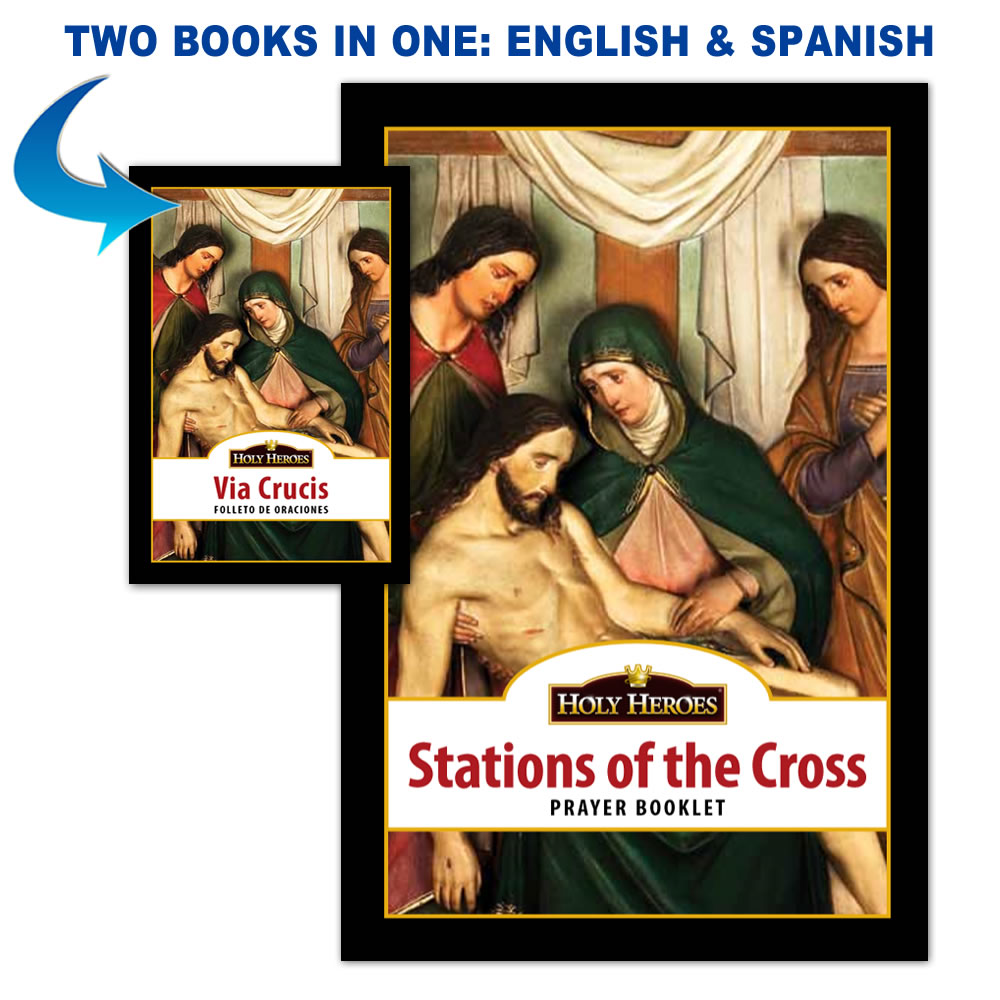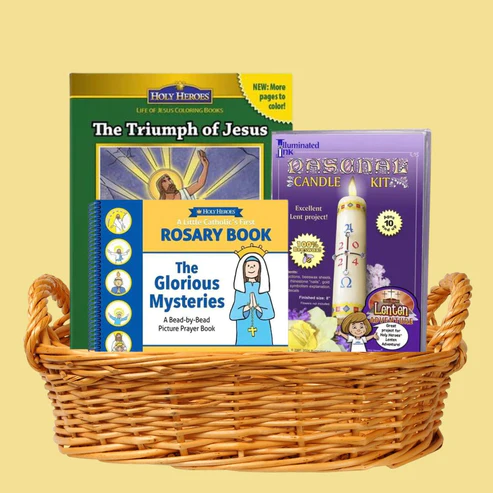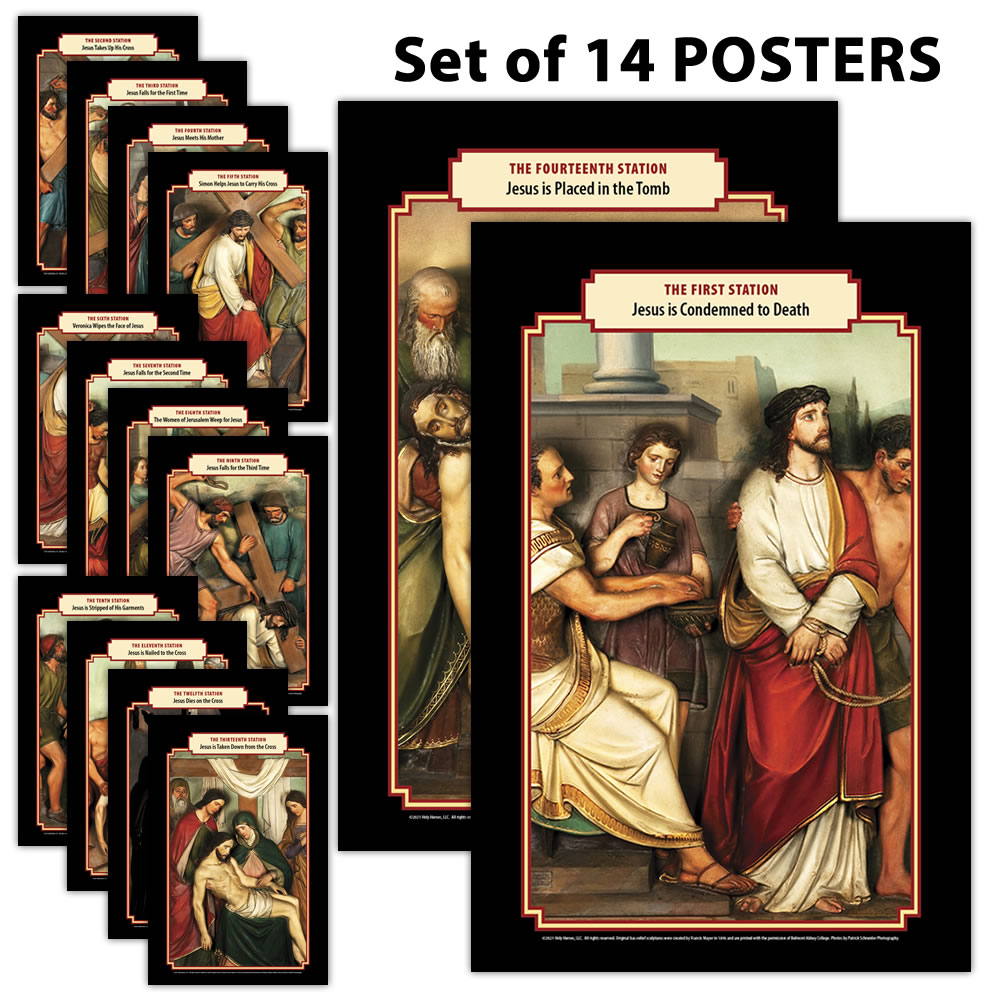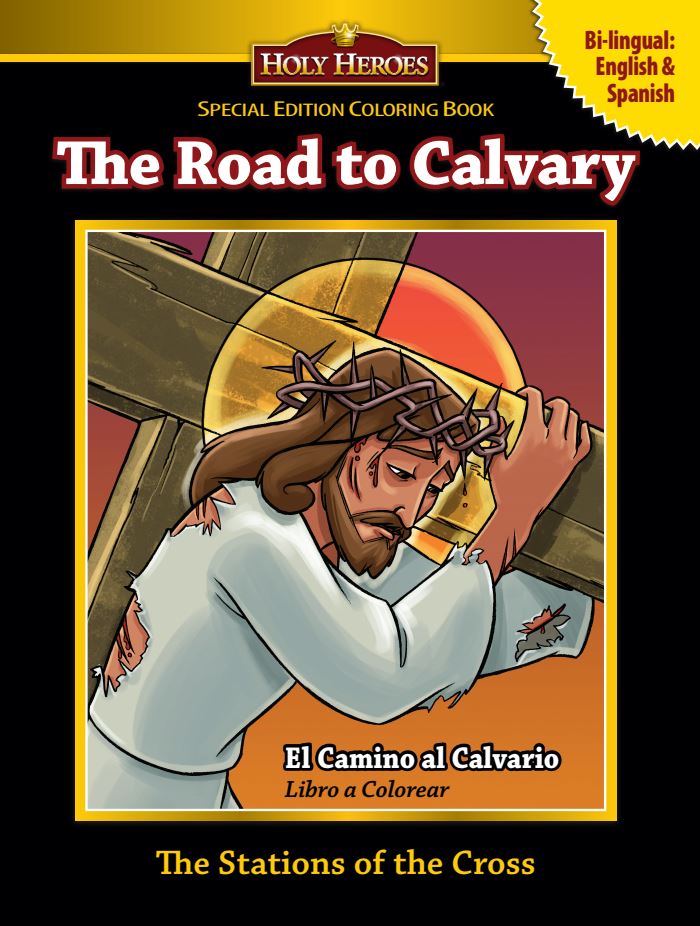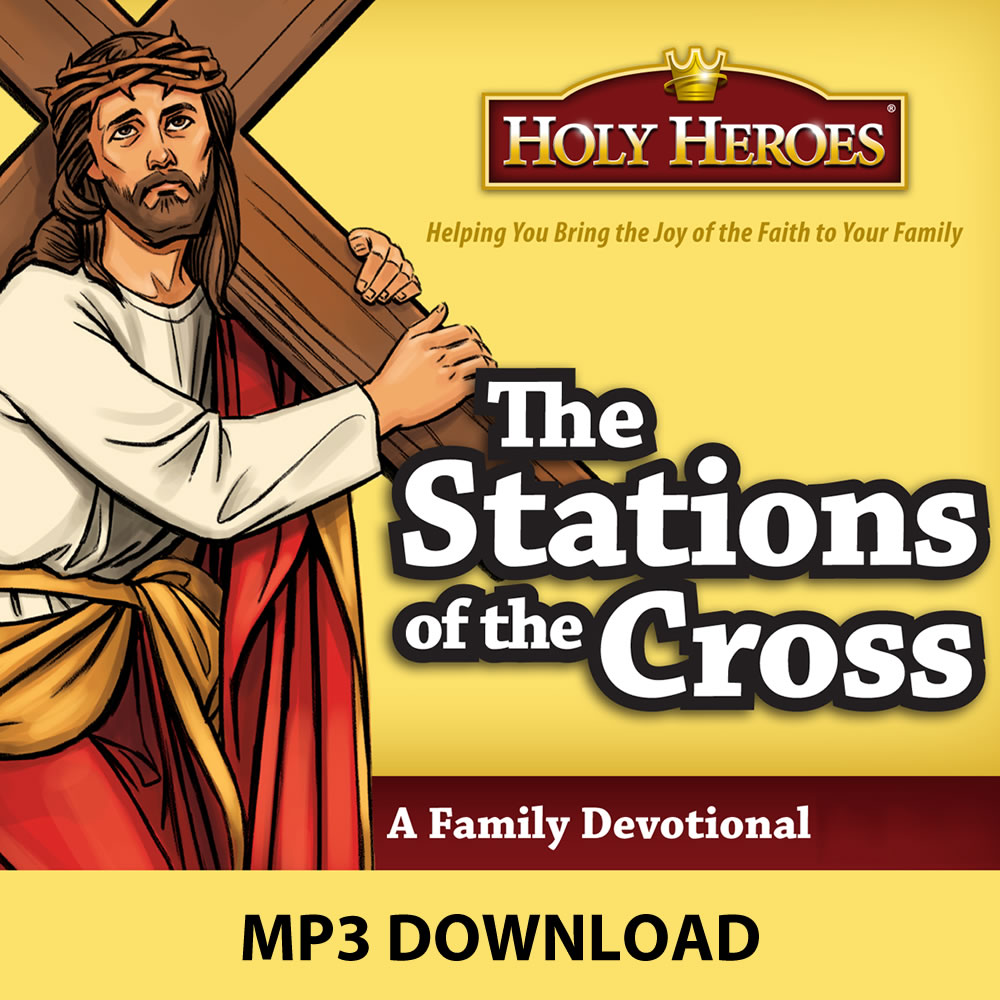Today, we look at the final attribute of Saint Joseph’s fatherhood, “A Father in the Shadows,” as presented to us in the Apostolic Letter, Patris Corde (With a Father’s Heart).
Our aim in this “Year of Saint Joseph” and in these reflections is to increase “our love for this great saint, to encourage us to implore his intercession and to imitate his virtues and his zeal.” This has been a prolonged gaze into the fatherly heart of Saint Joseph, a heart that Jesus and Mary knew and loved so well.
A Father in the Shadows
This seventh attribute of Saint Joseph’s fatherly heart involves his relationship with Jesus as “the earthly shadow of the heavenly Father.” This is the profound truth that God the Father gave Joseph an active and genuine share in His providential love for His only begotten Son. Joseph truly represented God the Father, to Jesus, through the ordinary duties that Joseph exercised daily; by the way he watched over Jesus, protected Him, provided for Him, guided and accompanied Him as He grew into manhood.
The apostolic letter states plainly, “Fathers are not born, but made.” It takes more than the natural capacity of a man to generate new life to make him a true father. To “father a child” in the truest sense is to take responsibility for both the child and the mother, even before the generative act takes place. “Whenever a man accepts responsibility for the life of another, in some way he becomes a father to that person.” Saint Joseph did, exactly this. He was not the natural father of Jesus, but by his “fiat,” freely taking the Child and His Mother into his home, into his care, Joseph became a true father. The rest of Saint Joseph’s life was simply the continual living out of the deeds of his fatherhood.
How is any man an “earthly shadow of the Heavenly Father”?
“Being a father entails introducing children to life and reality.” A father teaches his children, by word and deed, that God is the foundation of his existence, the source of life, both earthly and eternal. A father who freely and faithfully chooses to embrace the reality of his dependence on God, guides his children to true freedom. Such a father does not hold his children back, nor is he overprotective, “but rather making them capable of deciding for themselves,” in truth and love, he leads them to enjoy the freedom of being a child of God.
When a father loves freely, generously, selflessly, and without possessiveness, he loves like God loves. Children do not belong to their parents, they are entrusted to them by God. To the possessive, this seems harsh. But, to be made in the image and likeness of God is to be in a treasured relationship with Him, not to be a piece of property. It is this treasured relationship, between the child and God, that is placed into the care, cultivation, and protection of parents. Human beings are never things, to be possessed. Never.
The Apostolic Letter conveys the importance of this point with the density of the following words:
“Perhaps for this reason, Joseph is traditionally called a “most chaste” father. That title is not simply a sign of affection, but the summation of an attitude that is the opposite of possessiveness. Chastity is freedom from possessiveness in every sphere of one’s life. Only when love is chaste, is it truly love. A possessive love ultimately becomes dangerous: it imprisons, constricts and makes for misery. God himself loved humanity with a chaste love; he left us free even to go astray and set ourselves against him. The logic of love is always the logic of freedom, and Joseph knew how to love with extraordinary freedom.”
These words take us deeper than we are sometimes accustomed to go; into the very heart of the Father’s love. They remind us that human freedom always involves risk; we can walk a path or go astray. And yet, freedom is at the heart of love; for love cannot be coerced, it can be freely given or freely withheld. If our hearts are enslaved to possessions or are possessive in our attitude toward others (including our children), than we are not free to truly love.
By pointing to Saint Joseph as our example, we see a path to genuine joy. Fathers, and mothers, are entrusted with the joy of loving their children in a manner that makes them earthly “shadows” of our Heavenly Father.
Self-gift is the secret to joy.
Parental love is demanding, requiring self-sacrifice. But, “Joseph found happiness not in mere self-sacrifice but in self-gift.” What is the difference?
Self-gift looks more to the recipient, to provide what they need and want, than to the needs or wants of the self. Joseph “never made himself the centre of things. He did not think of himself, but focused instead on the lives of Mary and Jesus.” Even as he gave of himself with his right hand, he did not let his left hand revel in the act; he gave without thinking of himself or the cost to himself. He trusted the power of self-donation; the power of true love. In Joseph, “we never see frustration but only trust. His patient silence was the prelude to concrete expressions of trust,” to love.
Finally, “Our world today needs fathers.”
Fathers are men like Saint Joseph; they are not tyrants who “confuse authority with authoritarianism, service with servility, discussion with oppression, charity with a welfare mentality, power with destruction.”
Fathers, are men of maturity, like Saint Joseph; by giving of themselves they generate in those around them authentic human freedom, openness to God, and the capacity to respond to God’s call. Whether called to married life, a single life, the priesthood, or consecrated virginity, “every true vocation is born of the gift of oneself, which is the fruit of mature sacrifice.”
Fathers, are men of joy, because joy is the fruit of a life of self-donation, of selfless love, of that essential conversion that allows us to continually become, more and more, “an earthly shadow of the heavenly Father” to those around us.
“We need only ask Saint Joseph for the grace of graces: our conversion. Let us now make our prayer to him:
Hail, Guardian of the Redeemer,
Spouse of the Blessed Virgin Mary.
To you God entrusted his only Son; in you Mary placed her trust;
with you Christ became man. Blessed Joseph, to us too,
show yourself a father
and guide us in the path of life.
Obtain for us grace, mercy and courage,
and defend us from every evil. Amen.”
Chris
Latest posts by Chris (see all)
- St Joseph Blog Post: Father in the Shadows - May 1, 2021
- St Joseph: A Working Father - April 30, 2021
- Saint Joseph: A Creatively Courageous Father - April 21, 2021

